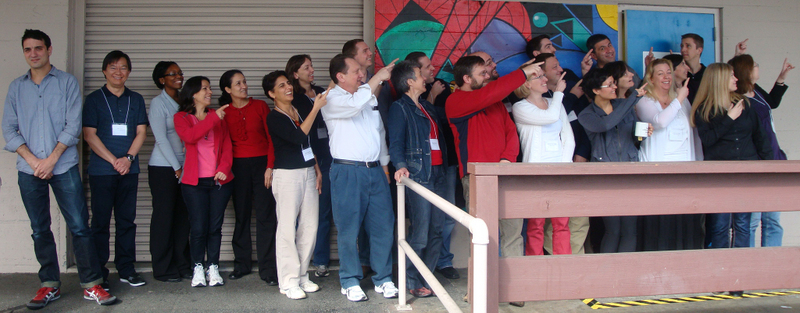
at the
American Institute of Mathematics, San Jose, California
organized by
Gianne Derks, Bart Hendriks, Hien Tran, and Michael Zager
Cancer is exceedingly common in all populations and cultures around the world. It is the second-most-frequent cause of death in the United States and is set to become the most common in the relatively near future. As a group of genetic diseases, cancer presents some of the most challenging problems for basic scientists, clinical investigators, and practitioners. In order to design treatments that are capable of specifically targeting the invasive cancer cells that drive malignant tumor growth, it is necessary to understand the mechanisms by which these cells initiate angiogenesis, enhance their motility, relax adhesive cellular bonds and penetrate normal tissue as well as understand the functional relevance of mutated proteins as oncogenic drivers. Due to the inherent complexity of the many interconnected physiological, molecular and biochemical processes that exist in cancer cells, conventional experimental approaches alone are proving unable to unravel the convoluted layers of such processes as drug resistance, genetic and proteomic variations, and optimal therapeutic strategies. Further, given the multi-scaled pathophysiology involved, it is becoming ever so important for cancer research and drug discovery and development to make use of cross- disciplinary, systems-based approaches, in which innovative computational cancer models play an important role.
The objectives of this workshop are to bring leading experts and new researchers (young faculty members, post-docs and graduate students) from pharmaceutical companies and academic institutions to share their perspectives on current mechanism-based systems approaches in drug discovery and development programs in oncology and provide a forum to discuss benefits, opportunities and potential paths forward for industrial-academic collaborations.
The workshop schedule.
A report on the workshop activities.